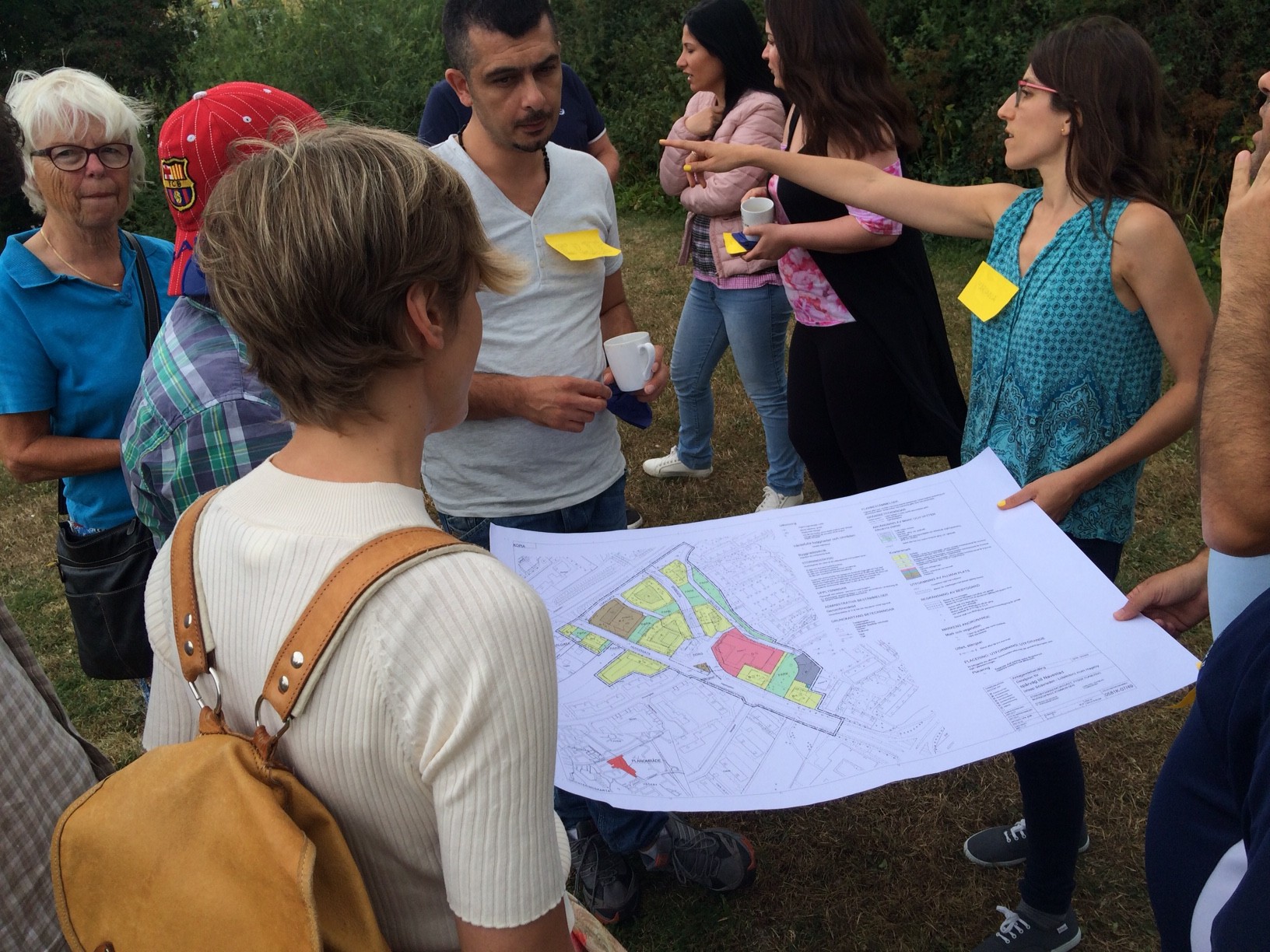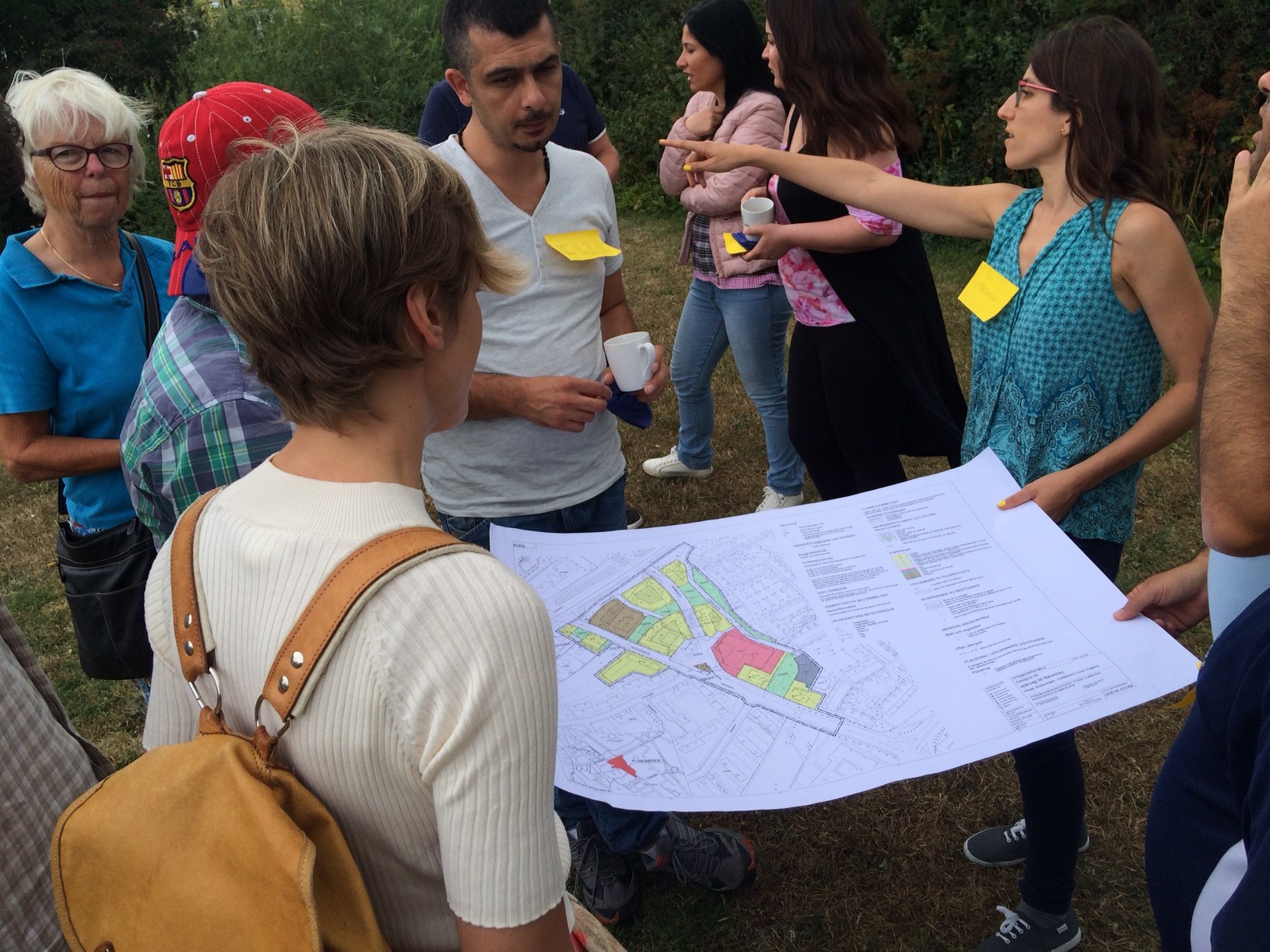Projects are more likely to succeed if they are properly prepared. This also applies to art projects. A well-executed preparation will provide artists with excellent conditions for carrying out their work.


Involving the Artist in the Preliminary Study
There is increased consensus on the importance of art and artists for our shared environments. This is especially true in politics, illustrated by the Government bill “The Policy for Designed Living Environment” that was adopted unanimously by the Swedish Parliament. Its objective is that public art, architecture, design and cultural heritage will help to create a sustainable, equitable and less segregated society with carefully designed living environments in which everyone is well placed to influence the development of their shared environment.
A prerequisite for real collaboration is that creative experts be provided with the conditions for authentic cooperation. For this reason it is also important that artistic input is incorporated at an early stage into planning, building and designing processes. Artists and curators/art project managers can contribute valuable special expertise when preliminary studies are carried out in preparation for transforming sites or areas. In collaboration with architects and cultural heritage specialists, experts may, together, identify aspects they would have been unable to do if they had worked on their own, as well as bringing different perspectives to existing values. Early involvement of art expertise in, for example, research work can contribute to enhancing the quality of a planned project and of the design work as a whole and may influence the choice of site as well as the direction of future art projects.
Ensuring the Scope of the Project
When a decision has been made to realise an art project, it is important, as early as possible, to employ an art project manager and appoint an advisory group with the required qualifications for the project. Other issues to consider at an early stage include: What expertise do we have in our organisation? Do we need to engage other experts? Who in our organisation has the mandate to make decisions in matters of financing, safety and technique? What is our budget? Who will be responsible for the future management and maintenance of the artwork? How do we obtain the funds for the project?
In the case of major projects, further matters may have to be considered. Will the realisation of the project include the collaboration between more than one agency? Is the smooth running of the project dependent on further political decisions? It is a good idea to discuss these matters during the preparatory phase, as it can save time and money in the long run. Conflicts of interest, in one’s own organisation or in regard to the planned project site, may arise and be solved.
Employing Artistic Expertise
With adequate preparation, the organisation is well placed to hire necessary artistic expertise, such as an art project manager, a reference group qualified to evaluate artistic quality or an advisory group.
Employing an art project manager or a reference group of artistic experts increases the possibilities to assess the conditions for the art project and the artistic quality at significant stages of the process. A well-composed advisory group improves the conditions for continuity and long-term sustainability for the project.
What Is an Art Consultant?
An art consultant is an art expert who works on a consultative basis. Art consultants may have broad or narrow expertise and a background as an art historian or as a professional artist. Some art consultants are specialised in collections and acquisitions. Others may be specialised in managing art projects in building processes or larger planning or construction processes, which also includes the skill of developing art programmes.
Many art consultants provide support in developing artist contracts for sketch or implementation commissions, and others provide support in the process of procuring artistic services. Which type of consultant to employ thus depends on the character of the art project.
To Think About Before Initiating an Art Project
- Consider whether to engage artists for preliminary studies and research
- Define the purpose of the art project
- Secure the budget
- Appoint an art project manager
- Decide who will decide
- Employ additional experts
- Solve internal conflicts of interest
- Allocate responsibility and funds for future management and maintenance
- Identify and engage other parties (residents, users, collaborative partners, etc)
